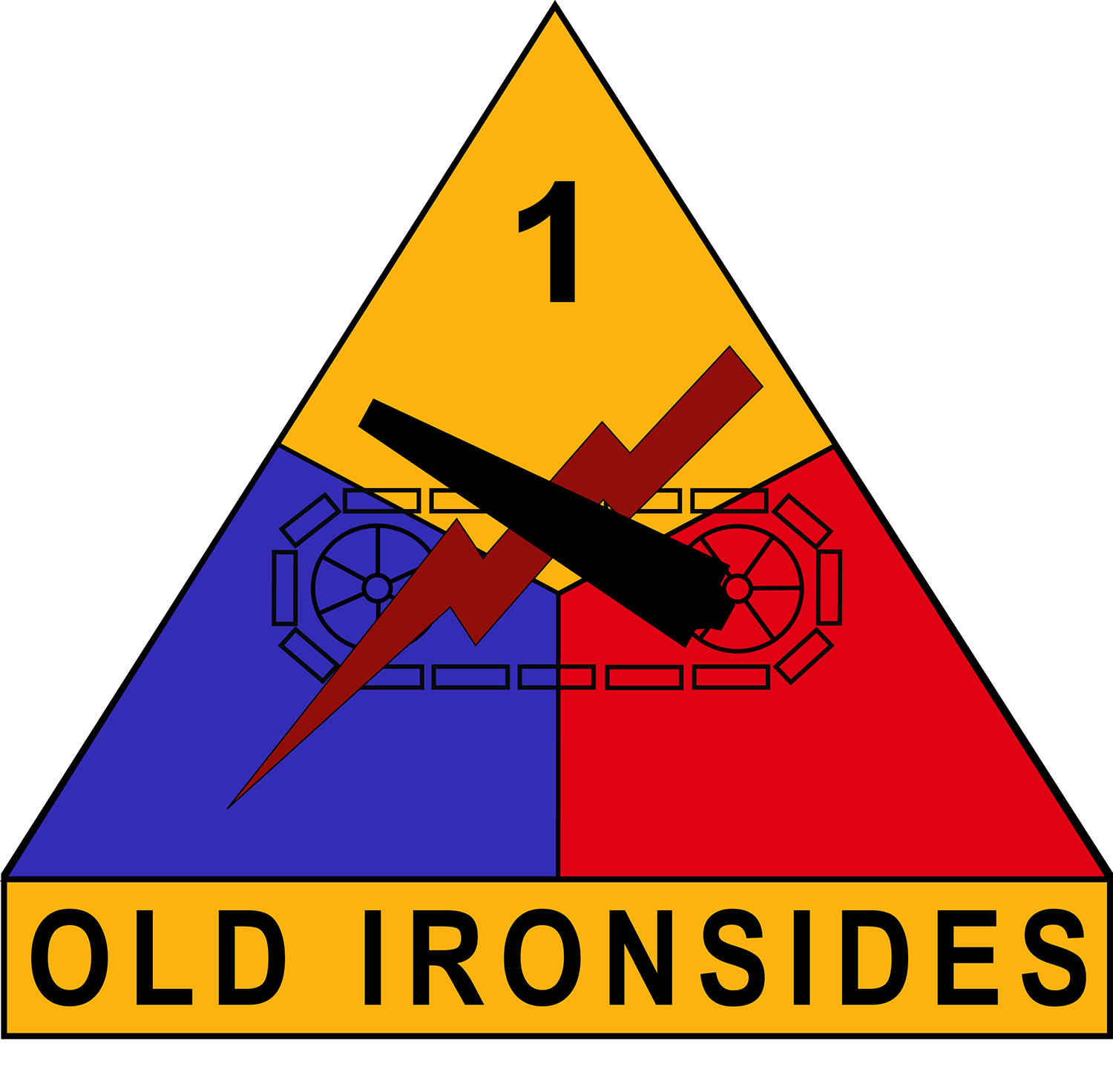
Dying Without a Will in Texas
By Capt. Kayli Ragsdale, Fort Bliss Legal Assistance Office
Roughly half of all Americans do not have a Last Will and Testament. Thus, many
people wonder what will happen if they pass away without a will (i.e., dying “intestate” or
as an “intestate”). Chapter 201 of the Texas Estates Code governs what happens when
a person dies without a valid will. When this happens, the person’s probate property is
distributed through intestate succession. This succession causes the decedent’s
probate assets to pass to those individuals (heirs) whom the state government believes
the decedent would have wanted to receive the decedent’s probate estate upon death.
In order to determine the heirs of an estate, one must first determine if the deceased
was married or unmarried; if the deceased’s property is separate or
community property; whether the deceased had children; and, if so, whether those
children were also the children of the deceased’s spouse.
1. Unmarried Person
If an unmarried person is survived by one or more descendants (e.g., children or
grandchildren), then all the property will pass to the children in equal shares. If
the unmarried person does not have any surviving descendants but is survived
by both parents, each parent inherits one half of the estate. If only one parent
survives and at least one sibling or a descendant of a sibling (niece or nephew)
also survives the intestate, then the surviving parent receives one-half of the
estate and the remaining one-half passes to the sibling and/or their descendants.
If one parent survives and there is no surviving sibling or a descendant of a
sibling, then the surviving parent inherits the entire estate. If the unmarried
person is survived by neither descendants nor parents, then the entire estate
passes to the siblings and their descendants.
2. Married Person
For a married person, it is important to understand the distinction between
separate property and community property because that will determine how that
property passes to heirs. Community property is all property acquired by both
spouses during the marriage, including all cash, bank accounts, retirement,
personal property and real estate, unless it is considered separate property.
Separate property is property owned by a spouse before the marriage, or
acquired during the marriage by one spouse as a gift, an inheritance, or through
a personal injury settlement.
a. Community Property of a Married Person
If a married person has no surviving descendants, then all community
property is now owned by the surviving spouse. If the married person has
a surviving descendant that is also the descendant of the surviving
spouse, then the surviving spouse will own all of the community property.
However, if any of the surviving descendants are not also the descendants
of the surviving spouse, then the community property is divided. The
surviving spouse retains one-half of the community property, that is, the
one-half the surviving spouse already owned by virtue of it being
community property. The descendants of the deceased spouse inherit the
deceased spouse’s one-half of the community property. All of the
deceased spouse’s descendants are treated as a group regardless of
whether the other parent is or is not the surviving spouse.
b. Separate Property of a Married Person
For separate personal property, if a married person has no surviving
descendants, all the separate personal property passes to the surviving
spouse. If a married person has surviving descendants, the surviving
spouse receives one-third of the deceased spouse’s separate personal
property with the remaining two-thirds passing to the children or other
descendants.
For separate real property, if there are no surviving descendants but there
are surviving parents, siblings, or sibling’s descendants, the surviving
spouse inherits one-half of the separate real property outright with the
remaining one-half passing to the parents, siblings, and descendants of
siblings as if the person died without a surviving spouse. If a married
person has surviving descendants, the surviving spouse receives a life
estate in one-third of the deceased spouse’s separate real property (i.e.,
houses and land). The rest of the real property, that is, the outright interest
in two-thirds of the separate real property and the remainder interest
following the surviving spouse’s life estate, passes to the deceased
spouse’s children or other descendants.
You may not like the default way that that intestate succession distributes your probate
property. The primary way to make sure that your wishes are known, and your probate
property passes the way you want it to at the time of your death, is to make a will. If you
desire to do so, please contact the Fort Bliss Legal Assistance Office at 915-568-7141
or usarmy.bliss.hqda-otjag.mesg.bliss-legal-assistance-office@army.mil to make an
appointment.

